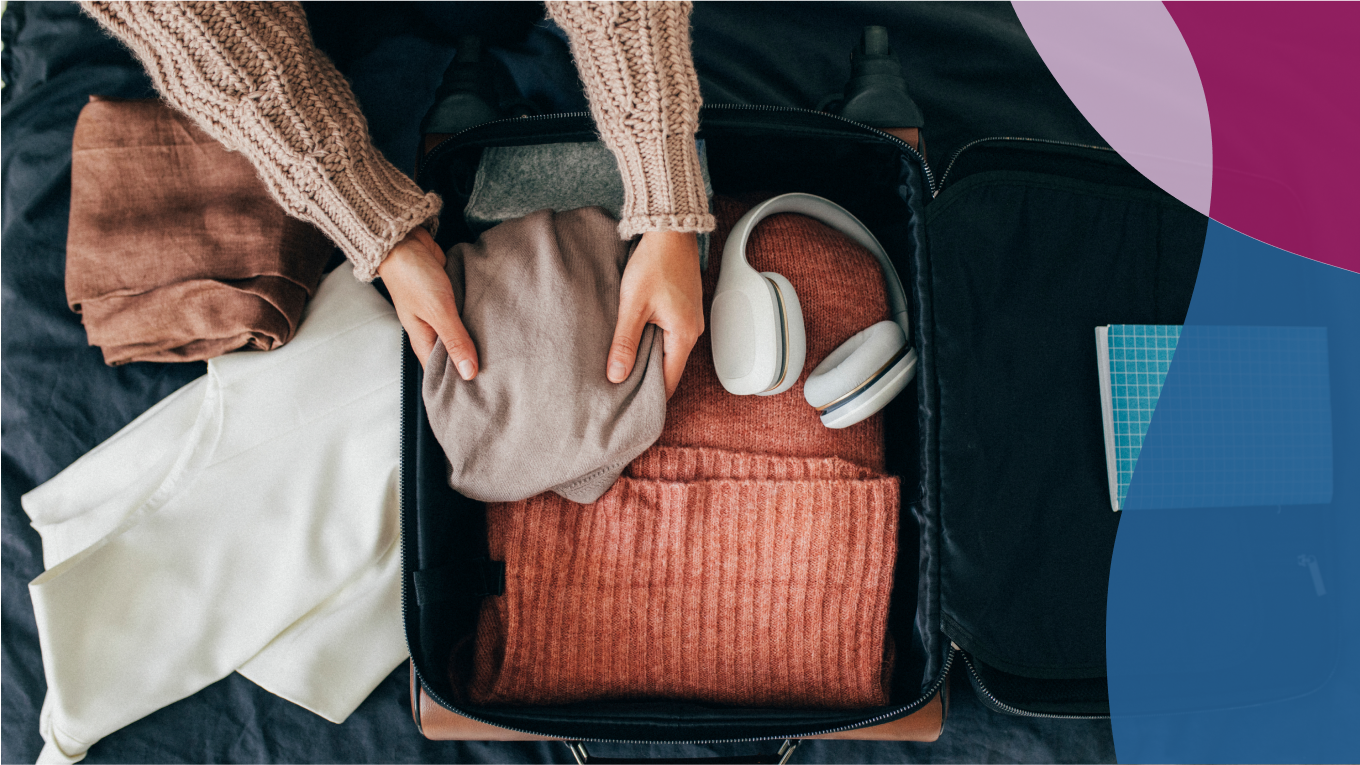
Essential Treatment Preparation Tips
Preparing for cancer treatment or infusion appointments is an important step, whether it's your first or last. Getting support, understanding what to expect, and developing a plan is beneficial to managing side effects and setting realistic expectations.
What to Expect from Treatment
Understanding your treatment appointments can empower you. Questions to discuss with your doctor include:
The specifics of your medication and its function
Frequency and location of treatments
Length of appointments
Guidance for side effects and immediate feelings post-treatment
Symptoms to track and activities or items to avoid during treatment
Work considerations and the potential impact of your treatment on daily activities and interactions
Adjusting Your Calendar
Treatment sessions can be lengthy—half a day or more in some cases. Adjust your schedule for extended doctor visits, including pre-testing or blood work and infusions (which can take a long time for some patients). Communicate with your employer—in no more detail than you are comfortable with—about upcoming medical appointments and possible time off.
Packing for Treatment Days
Comfort and distraction are key. Bringing a few things from home can help keep you busy during downtime on treatment days and ensure you’re as comfortable as possible. Consider bringing:
Comfort and Warmth
Extra layers of clothing and a blanket (clinics can be chilly)
A comfortable pillow for resting
Entertainment
Headphones for music or podcasts
Earplugs to block out external noise
An eye mask to dim the lights
A journal, novel, or activity book for engagement
Essentials
Chargers for your phone or computer
Water or other fluids for hydration
If you get an unpleasant, metallic taste in your mouth when a nurse pushes saline through your IV line or port, try sucking on lemon or citrus-flavored candy.
Unfortunately, it is common for some patients to experience nausea during treatment. Research shows that ginger-flavored candies and foods can help make this unpleasant feeling a bit better.
Bringing Support
Many clinics and hospitals allow a support person at appointments to ease the experience, though policies vary, so check with your facility beforehand. A family member, friend, or caregiver can provide transportation, companionship, and comfort, especially if you feel unwell.
Preparing for treatment involves practical and emotional readiness. Iris is committed to supporting you every step of the way, from appointment prep to managing side effects, and anything else in between.
This article meets Iris standards for medical accuracy. It has been fact-checked by the Iris Clinical Editorial Board, our team of oncology experts who ensure that the content is evidence based and up to date. The Iris Clinical Editorial Board includes board-certified oncologists and pharmacists, psychologists, advanced practice providers, licensed clinical social workers, oncology-certified nurses, and dietitians.
Copyright © 2026 OncoHealth. All rights reserved. All materials on these pages are the property of OncoHealth. The information and other content on this website are for information purposes only. If you have any questions about your diagnosis or treatment, please seek the advice of your physician or other qualified health care provider(s).
